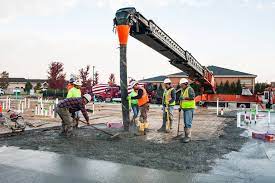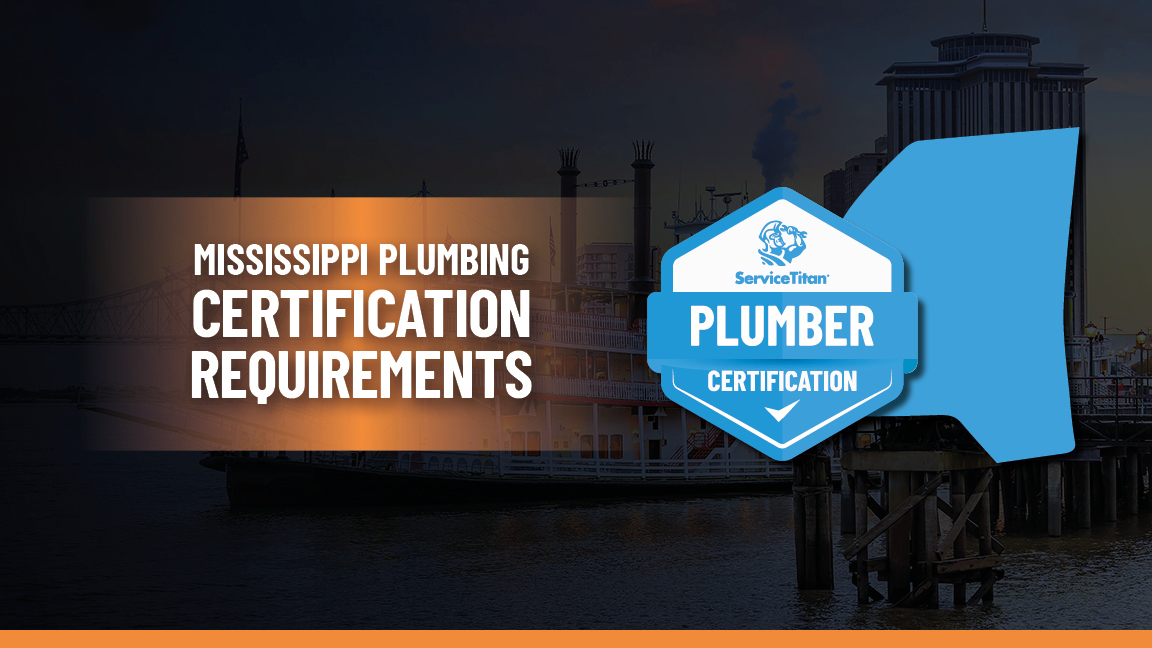
Gutters are an essential part of protecting your home against water damage. They direct rainwater away to the foundation and help prevent hazardous mold, mildew or rotting on your sidings and roofing.
Why Gutters Are Important
It can be confusing to understand the role that your gutter plays in maintaining the health of your house. Your gutters can become clogged and water can slowly soak into your house. It can also become a breeding place for pests like ants and mosquitoes.
Gutters are something that you need to think about when you buy or rent a house. It is a good idea to have gutters installed if your house doesn't have them.
Gutter protection is not necessary if you live in an area with arid climate. However, even in places with a lot of rainfall, you still need gutters to protect your home against water damage.
Why didn't my builder put gutters in my house?
Gutters are probably not an option if your home was built before mid-1900s. Gutters were not as common during this time.

Builders often don't put them on new homes as they can be costly and time-consuming to maintain. This is particularly true if your home has a large overhang.
People don't like gutters. Although they are difficult to clean and can look bulky, gutters can reduce the likelihood of water damage to your home.
A properly-installed gutter will feature seamless gutters on each sloped roof edge and downspouts that are pitched correctly towards the house's downspouts. They should be free from holes and gaps.
The foundation should not be more than three feet from where the downspouts must terminate. This is to prevent water from causing soil expansion and saturation around your home. This can lead to cracking in your foundation.
It is also not unusual for blocked gutters to cause basement flooding. Allowing water to build up on your foundation will eventually cause the concrete and walls to crack.
This could cause costly foundation repairs.

Is Gutter Installation Necessary?
Gutter installation is important for your home's health and the long-term viability of your roof. It prevents water from collecting on the roof and helps to prevent basement flooding.
Why do I need to have gutters in my home?
An experienced professional is the best person to consult if you're unsure if your house needs gutters. An experienced professional will guide you in the right direction, including how many feet of guttering you home requires.
What Is Gutters' Purpose?
Gutters are intended to collect runoff water from roofs and direct it. The water is then directed to vertical sectionsal downspouts, which drain it away from your home's foundation.
FAQ
Is a contract of service a warranty?
A service contract is not a guarantee. It is an agreement between 2 parties to exchange goods. If the product fails to perform satisfactorily, the customer will pay for the repair or replacement. This type contract is also known to be called a maintenance agreement.
Do you have any other suggestions?
Yes. You should check the laws in your area about the types of projects that you are permitted to undertake and the requirements you must meet. Some states require you to get approval from the council to build. Other states say that you only need to notify them of your plans. You can check with the local authorities for their views on this issue.
How much does it cost to apply for building permission?
It varies depending on the state and the complexity of your proposal. It could also depend on whether or not you are applying to permission to build on your existing home. The application process can take several months, so be prepared to wait until everything is finalized.
Do I need anything to sign before I can start working?
Yes, both parties must sign the SCA. This means that neither party may change their mind after the agreement is signed.
What happens if one party doesn't take their side of the deal?
Failure to fulfill your obligations under the agreement can lead to the law allowing the other party to declare your promise null and sue you for damages. Damages can include interest, court costs and legal fees as well as the amount due.
Where can I find out more about building permits
Check with your local government authority (for example, NSW Local Government Association) or contact your local real estate agent. These authorities should be able advise you on the steps to take in order to get permission to build.
Statistics
- (ii) Name, address, and telephone number of each proposed first-tier subcontractor with a proposed subcontract estimated at $10 million or more. (acquisition.gov)
- (v) Place or places of performance of the prime contract and first-tier subcontracts estimated at $10 million or more, if known. (acquisition.gov)
- While we offer all our high-quality services at competitive prices, we know that many who need our services are on fixed incomes, so we offer a 10 percent discount for seniors and military members. (homeservicecontractorsinc.com)
- Don't take their anger personally, they are mad about the situation 99% of the time. (activatemylicense.com)
- Depending on the client's trustworthiness and financial stability, a deposit is usually 10 to 50% of the total contract amount. (lawdepot.com)
External Links
How To
What should a contract of service include?
Service agreements (SAs) are essential for any business relationship. It will outline what you expect and how it will be achieved. The SA also details when and where each party should fulfill its contractual obligations.
The following are key elements for a successful SA
-
Both parties must agree on the scope and required services.
-
Payment terms details, including start date and expiration dates for goods/services.
-
A project cost agreement.
-
Additional costs, such as VAT, etc.
-
Discuss any other matters.
-
Who will take responsibility if there is an error in the job?
-
How to resolve disputes
-
What happens to a contract breached by one party?
-
What happens in the case of a dispute?
-
When will the contract become effective?
-
What happens if one or both of the parties fail to perform.
-
What time do you need to pay your invoices?
-
Who pays for things like travel expenses.
-
Where the money came from.
-
What happens if a client changes mind about the project?
-
What happens if the supplier doesn't turn up.
-
Who is allowed to access the site during construction
-
What happens if the customer cancels the project.
-
What happens if the product is faulty.
-
What happens if a manufacturer refuses to provide parts?
-
What happens if your equipment breaks down?
-
What happens if a project takes longer than expected?
-
What happens if the work isn’t completed within the stipulated time?
-
What happens if the quality of the finished project falls below expectations?
-
What happens if costs exceed expectations?
-
What happens if the materials aren't delivered on time.
-
What happens if the material arrives damaged.
-
What happens when the products don't meet standards?
-
What happens if the job gets cancelled before it is completed?
-
What happens if the company goes bankrupt?